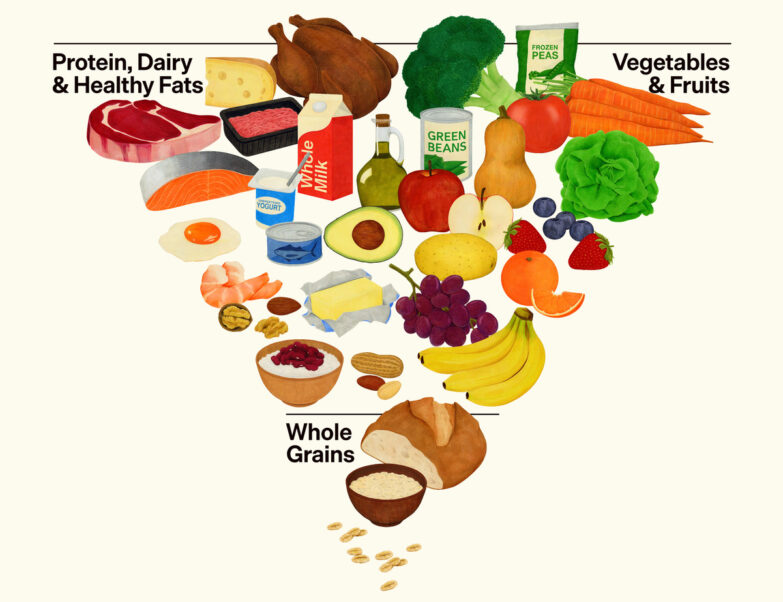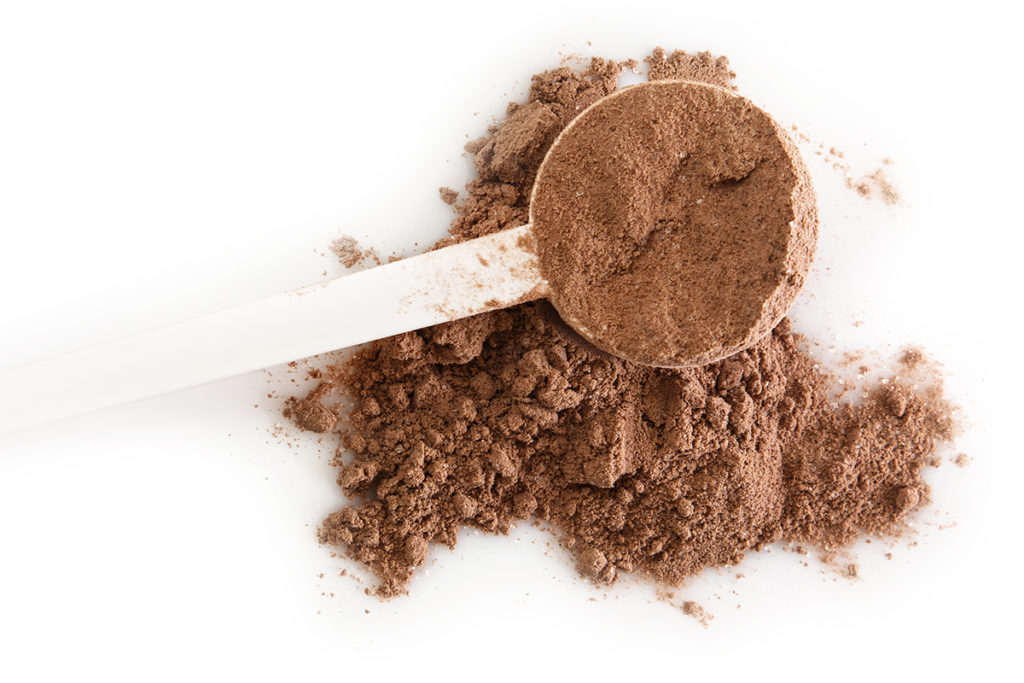Ask the RD
What is the bottom line on resveratrol, given the investigation that revealed data was fabricated? Does resveratrol in alcohol have health benefits?
Answer: Red wine has enjoyed a solid reputation for being heart healthy because it is a rich source of resveratrol, a phytochemical with antioxidant and anti-inflammatory effects. But in early January an investigation of the work of researcher Dipak K. Das, PhD, ScD, MD, revealed more than 100 counts of falsification and fabrication of data, thus casting doubt on all of his reservatrol research. Das is not the only global researcher investigating resveratrol. Still, the effects of resveratrol are controversial.
Let’s turn to the evidence. Studies show that moderate consumption of alcohol has health benefits, including a lower risk of cardiovascular disease. Moderate consumption is defined as ≤ 2 servings for men and ≤ 1 serving for women daily. Wine, particularly red wine, seems to have an additional benefit because of its powerful antioxidant polyphenols, including resveratrol, but the research is not entirely clear. Red wine is best-known for its ability to increase HDL (good) cholesterol. Most studies on resveratrol have been done in test tubes or on lab animals. The few human clinical trials have been small. In one recent small study, premenopausal women who consumed 8 ounces of red wine (and not white) daily had hormonal changes similar to those from a drug that prevents breast cancer recurrence.
Don’t expect any anti-aging miracle from resveratrol supplements. Instead consume resveratrol—and other disease-fighting phytochemicals—in a variety of foods and beverages. Besides occurring in red wine, resveratrol is found in grapes, purple grape juice, cranberries, blueberries and peanuts.





